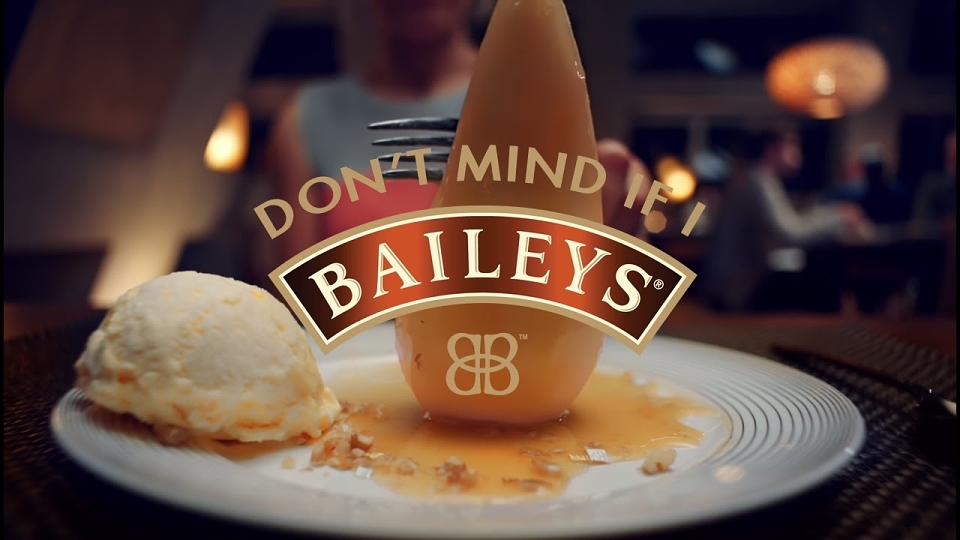2020 IPA Effectiveness Awards’ Convenor of Judges Sue Unerman explains what can be learned from this year's winners.
Why are the IPA Effectiveness Awards held in such high esteem?
They are the true north in terms of effectiveness, casting a spotlight on absolute best practice. The judging process is the most thorough, the most sceptical and the most unforgiving in the business. For brands that do win these awards, there’s so much to be celebrated. It’s objective proof beyond reasonable doubt about the business outcomes of investing money.
One senior marketer who had recently joined a new company told me that she was surprised to find that the board sees marketing as a cost, and that she still had to make the case for it from scratch. There’s still a notion that marketing is a cost rather than an essential tool for how you make more money and sell things. That debate still goes on and it can be very easy in the bubble of advertising to think that advertising is a proven tool. But that is not the case in every business.
So, explain the hindrances facing clients in building an effectiveness culture.
Too much focus on short-term KPIs. The externalities of setting objectives and KPIs that are fulfilled within six or 12 months can be huge if those objectives aren’t set in a balanced way. This isn’t a new problem and it hasn’t come about because of performance media alone. Crucially, every agency has to give the right advice for brands in their broadest sense rather than be too swayed by the demands of their own business model.
There’s no simple choice between short and long term. Too often this is put up as a marketing dilemma of brand versus performance. This year’s IPA Effectiveness Awards winners are full of examples of short- and long-term activations that both sustain the brand and deliver against short-term gains.

What examples did you see of human insight leading to effectiveness among this year’s papers?
As judges, we’re all looking for that insight that makes the hairs on the back of your neck stand up, but there weren’t as many of those as we might have expected. The Tourism Central Coast paper had a lovely insight, and KFC Australia had a cheeky one. Another true insight was in the Baileys paper, where it competed with cake as well as cocktails. The Tesco Grand Prix winner was a great amplification of customer understanding. Finally, the eternal insight in the John Lewis paper around thoughtful gifting meant there was no need to reinvent what it did every year.
Do you think marketers often reinvent when they don’t need to?
It’s not just marketers that want to change everything, it’s agencies too. That System1 idea of the fluent device is so hard to create. So why would you put yourself through the pain of getting rid of something and then try to recreate it?
Human truths don’t change. I’ve been doing this job for three decades and in some ways it’s exactly the same as when I started: uncovering insights and techniques to improve the fortunes of one brand versus another. Basic human drives such as family and friendship do not change. But the techniques and tactics couldn’t be more different in terms of what you can measure and how you can measure it. Brands need to resist that temptation to uproot everything, and instead tap into the zeitgeist and what’s going on in culture, as well as new technology. Ask what new ways there are of bringing something to life.

Given the behaviour of brands during the pandemic and BLM, will we see more on diversity and inclusion in the 2022 edition of the Awards?
I hope so. I also think that 2022 entries will have a lot of ‘we had this big plan and the pandemic happened and we had to change everything’ and that’s going to be fascinating. I wonder what that will do to the econometrics as it’s an unprecedented situation and econometric model likes regularity.
The technical aspect of the 2022 papers is going to be very challenging so I’m pleased that I introduced technical judges for all papers from this year, which made judging even more rigorous. That will be vital for 2022 because of the weirdness of what the data is or isn’t going to say about 2020 and 2021.
What advice would you offer 2022 entrants?
Find proof points that are unarguable and show the paper to an expert sceptic. Listen to what they say and go back to the proof points. Some of this year’s entries were overwritten and under-substantiated.
I hope that 2022 is a chance for all sorts of amazing work to shine. This pandemic has tested our industry and the work shows that we’ve risen to the challenge.
This interview appears in WARC's Insights from the 2020 IPA Effectiveness Awards.

